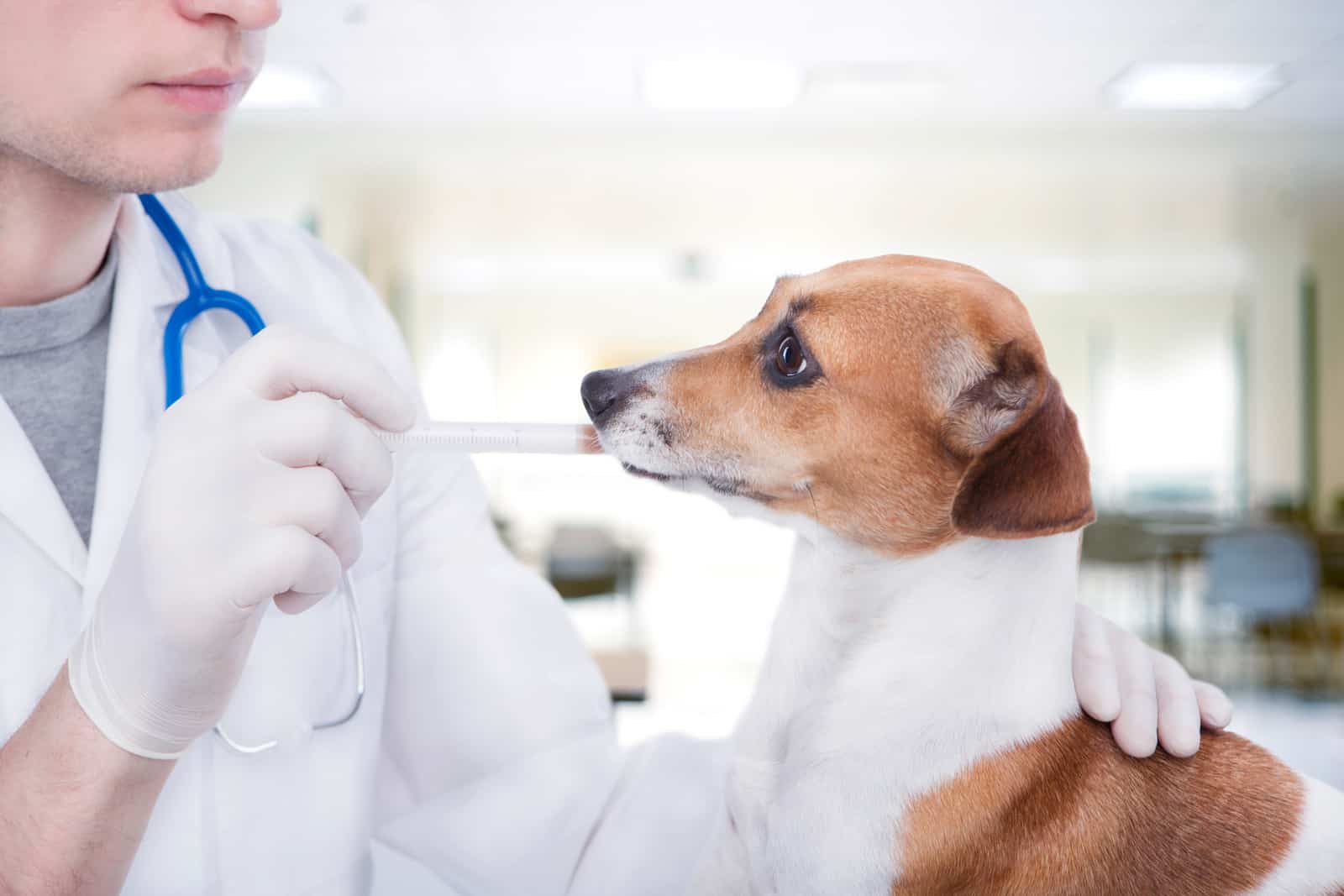Your dog’s oral health is a crucial aspect of their overall well-being. Just like humans, dogs can experience dental issues that may lead to bleeding gums. By understanding the causes and appropriate actions to take and prioritising regular visits with an oral vet, you can ensure your pet maintains a healthy mouth and great quality of life.
Understanding Canine Oral Health
Dogs rely on their mouths for various activities, from eating and drinking to playing and grooming. Therefore, maintaining optimal oral health is vital for their comfort and longevity. However, many pet owners overlook the importance of dental care until noticeable symptoms arise.
Causes Of Bleeding Gums In Dogs
Bleeding gums in dogs can be a sign of underlying oral health issues, including:
- Periodontal Disease: The most common cause of bleeding gums in dogs, periodontal disease occurs due to the accumulation of plaque and tartar on the teeth, leading to inflammation of the gums and eventual tissue damage.
- Gingivitis: An early stage of periodontal disease, gingivitis is characterised by red, swollen gums that may bleed when touched or brushed.
- Tooth Trauma: Injury to the gums or teeth, which can be caused by chewing on hard objects or an accidental fall, can result in bleeding gums.
- Systemic Diseases: Certain systemic conditions, such as immune-mediated disorders, may manifest as bleeding gums in dogs.
What To Do If Your Dog Has Bleeding Gums
If you notice your dog’s gums bleeding, it’s essential to take prompt action:
- Schedule A Veterinary Exam: Visit a vet for a comprehensive dental examination to identify the underlying cause of dental disease.
- Professional Dental Cleaning: Professional dental cleaning (a dental scale and polish) is necessary for removing plaque and tartar buildup, preventing further gum inflammation and disease progression. Importantly, this can only be done safely and properly under anaesthesia.
- Home Dental Care: Implement a regular oral hygiene routine at home, including tooth brushing and other recommended preventatives to promote oral health.
- Dietary Changes: Sydney Pet Dentistry can provide advice on what dental diets and treats are scientifically proven to be effective.
Bleeding gums in dogs should never be ignored, as they can indicate serious oral health issues that require veterinary attention. By prioritising your dog’s dental care and seeking professional oral vet services when needed, you can ensure they enjoy a lifetime of good oral health and happiness. Contact Sydney Pet Dentistry today to schedule a dental examination for your beloved pet.


